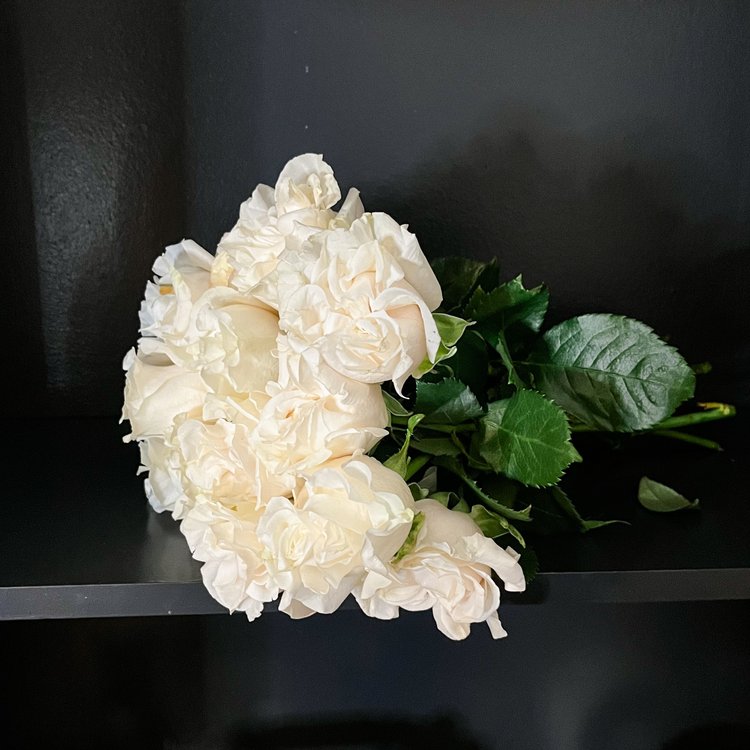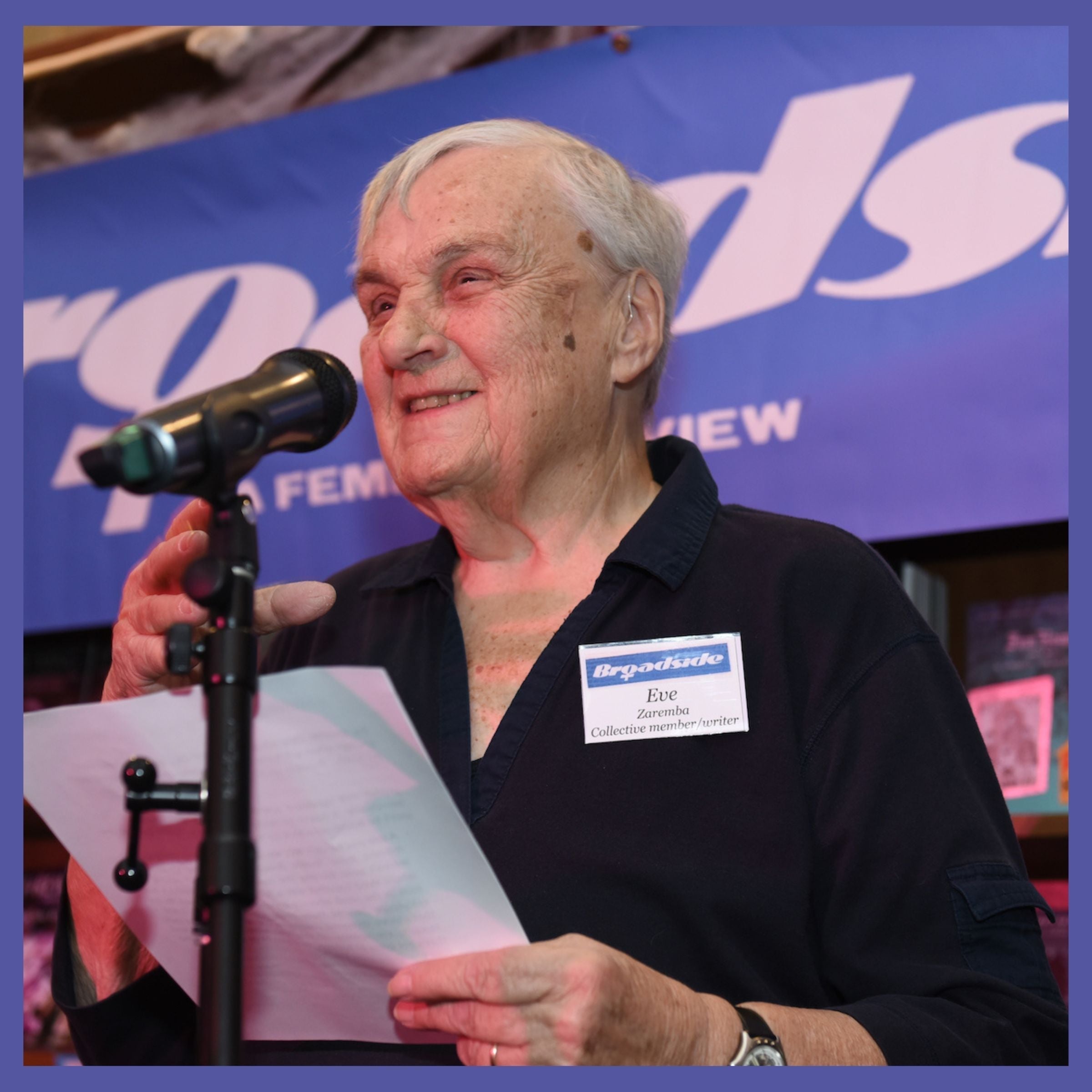34 years ago, on December 6th, 1989, a gunman walked into Montreal’s École Polytechnique and fatally shot 14 young women. 10 additional women and four men were wounded. Each year we remember the names of the women we lost. Today on the The National Day of Remembrance and Action on Violence Against Women we remember:
Geneviève Bergeron (born 1968), civil engineering student
Hélène Colgan (born 1966), mechanical engineering student
Nathalie Croteau (born 1966), mechanical engineering student
Barbara Daigneault (born 1967), mechanical engineering student
Anne-Marie Edward (born 1968), chemical engineering student
Maud Haviernick (born 1960), materials engineering student
Barbara Klucznik-Widajewicz (born 1958), nursing student.
Maryse Laganière (born 1964), budget clerk in the École Polytechnique’s finance department
Maryse Leclair (born 1966), materials engineering student
Anne-Marie Lemay (born 1967), mechanical engineering student
Sonia Pelletier (born 1961), mechanical engineering student
Michèle Richard (born 1968), materials engineering student
Annie St-Arneault (born 1966), mechanical engineering student
Annie Turcotte (born 1969), materials engineering student

NAIT held a public vigil at the Northern Alberta Institute of Technology in Edmonton on December 6, 2019 to honour 14 women killed 30 years ago today at The École Polytechnique massacre, also known as the Montreal massacre. PHOTO BY SHAUGHN BUTTS /Postmedia
Not only was this event a tragedy, but it was a horrific act of misogyny and gender-based violence, targeted towards women who "dared" to get an education in the field of STEM. To memorialize the lives of the women murdered, Second Story Press was honoured to publish Because They Were Women by Josée Boileau. Heartbreaking, powerful, and painfully relevant today, Boileau illuminates the political upheaval after the attack at the École Polytechnique, and the hesitancy from some to acknowledge that the massacre was motivated by misogyny.

Despite the 34th anniversary of the Montreal Massacre that shocked and outraged a nation, we are still seeing statistics today like these:
-
“In 2022, 184 women and girls were violently killed, primarily by men. One woman or girl is killed every 48 hours." (Canadian Femicide Observatory for Justice and Accountability, 2022)
-
“More than six in 10 Indigenous women have been physically or sexually assaulted at some point since the age of 15, compared with more than four in 10 non-Indigenous women." (Statistics Canada, 2021)
-
"Studies show that when racialized women report violence, their experiences are often taken less seriously within the criminal law system and their perpetrators routinely receive less harsh punishments." (Rakhi Ruparelia, in Elizabeth Sheehy, ed.,Sexual Assault in Canada: Law, Legal Practice and Women’s Activism, 2014)
For a full intersectional scope of statistics on gender-based violence in Canada that considers victimization based on race, class, gender, sexuality or ability; the impact of gender-based violence in Canada; or what to do if you think someone is being harmed, please visit the Canadian Women’s Foundation website:
In an opinion piece in the Edmonton Journal, “Work still needed on industry sexism 34 years after Montreal Massacre,” Paula McGarrigle, a professional engineer who lives in Calgary, highlights the misogyny, microaggressions, harassments, assaults, and traumas that she and her peers faced during both her time as a student and as a professional. Written in 2023, we are faced with the sad reality that 34 years after the Montreal Massacre there is much work to be done to ensure the safety of women in all spaces.



